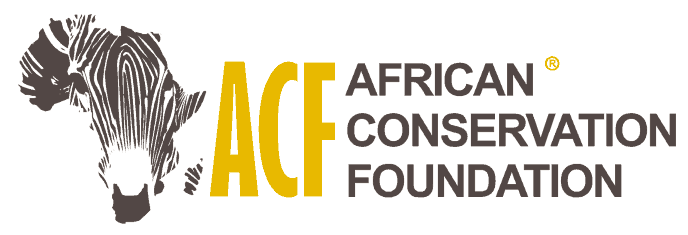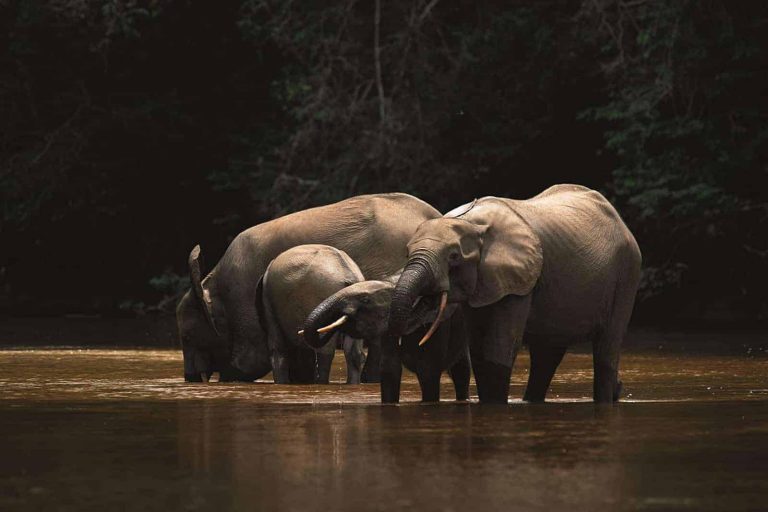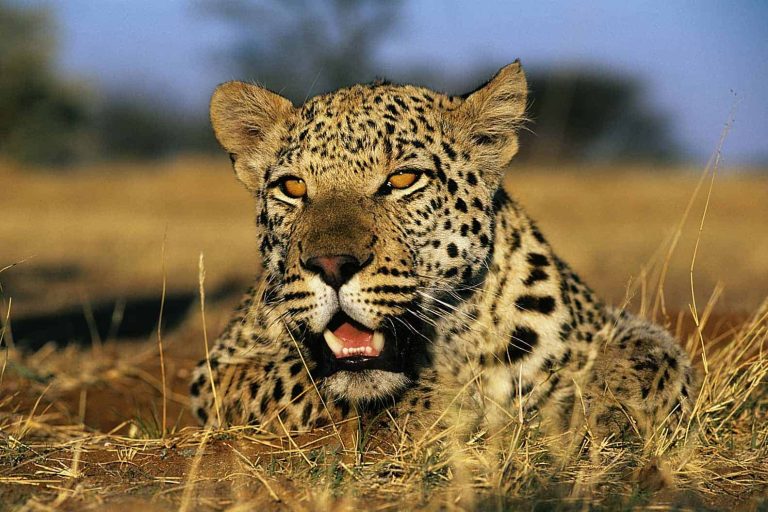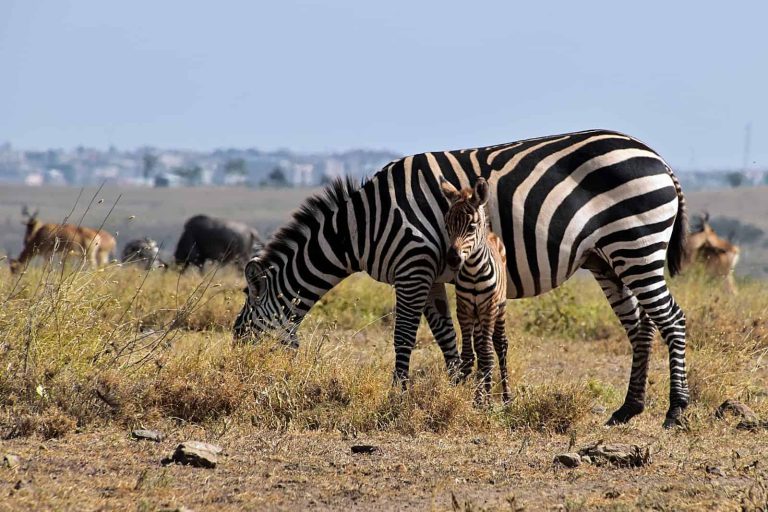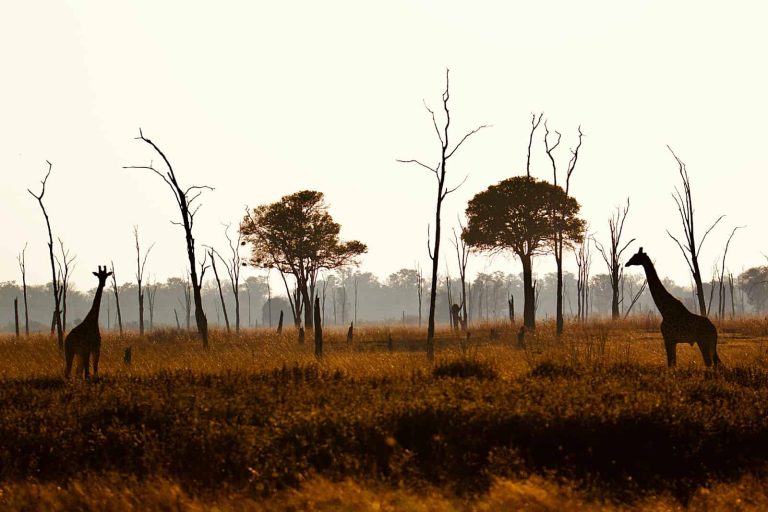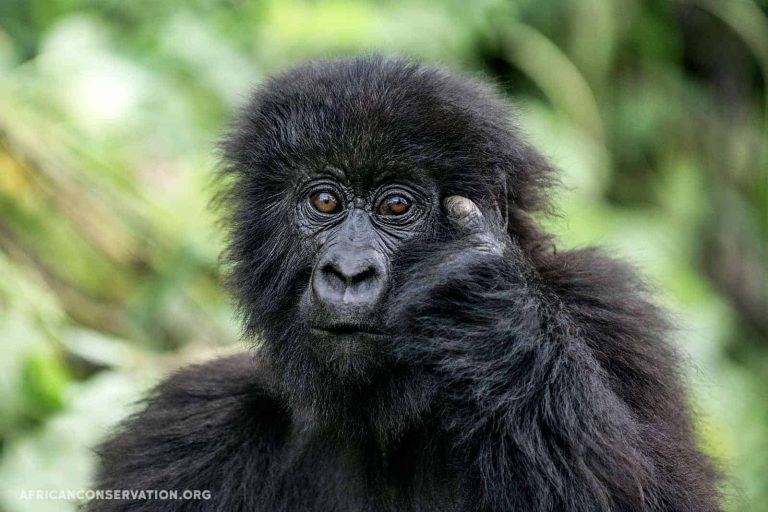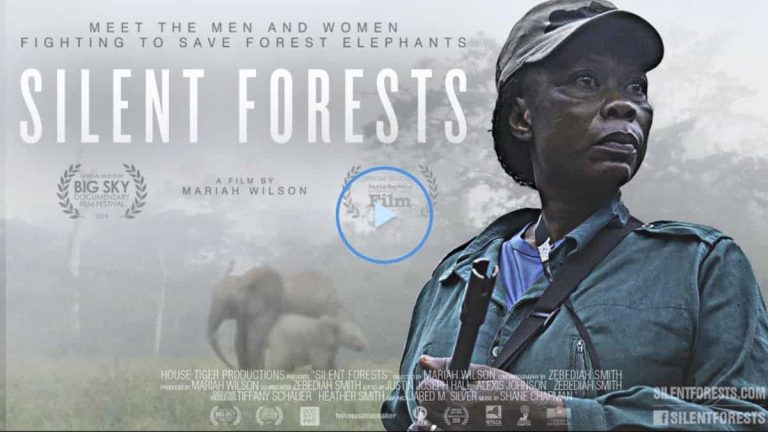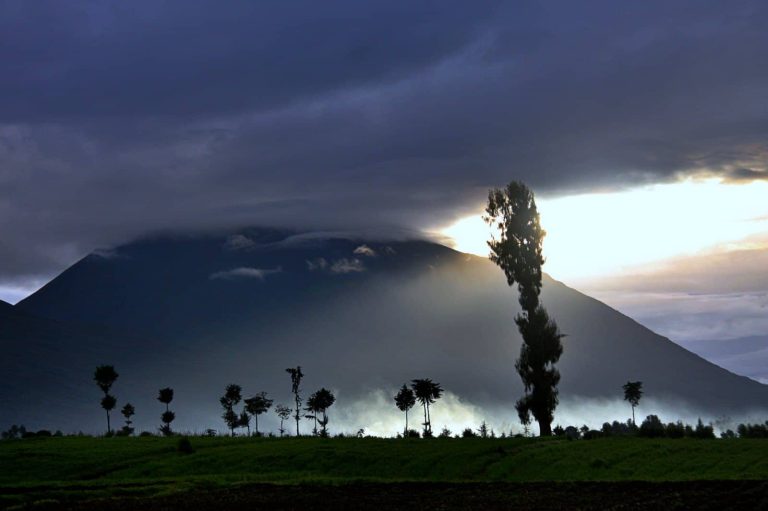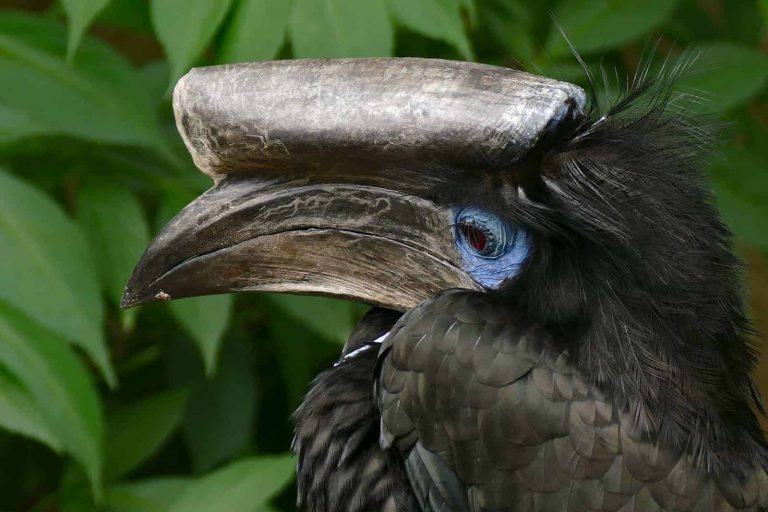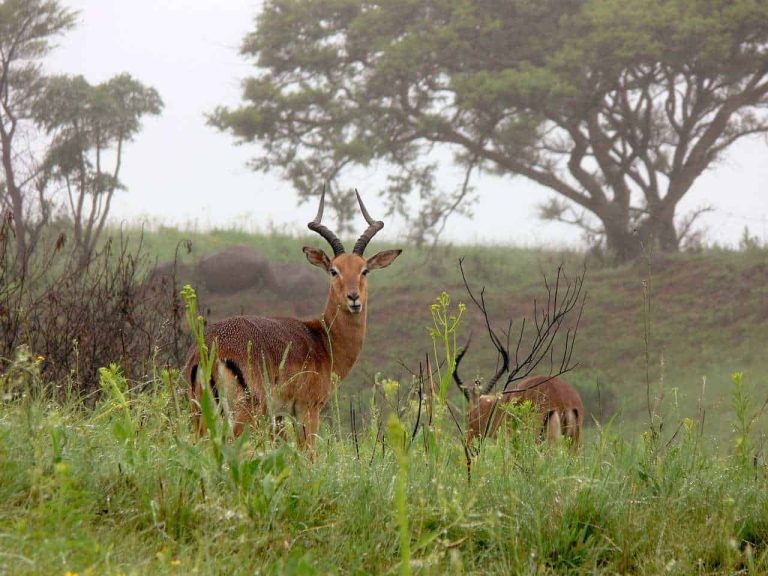UK and Gabonese experts lead research into impact of climate change on rainforest elephants
Experts from the University of Stirling, working closely with the Government of Gabon, have led an international study into the impact of climate change on Central Africa’s rainforests and the threat posed to elephant populations in the region. Dr Emma Bush and Dr Robin Whytock, of the Faculty of Natural Sciences, along with Professors Kate…
